No man's error becomes his own law; nor obliges him to persist in it
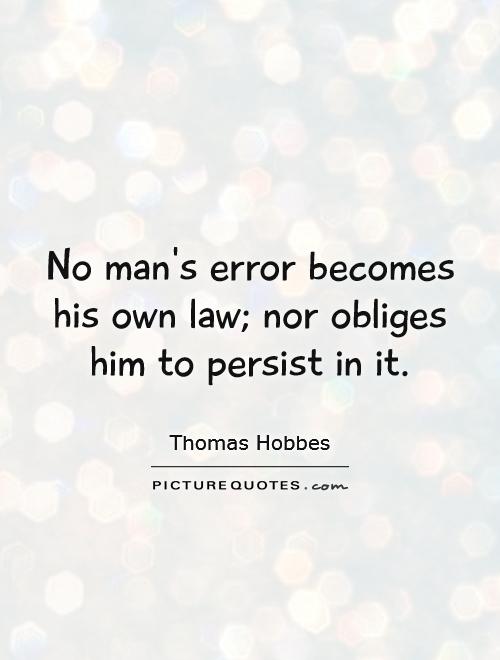
No man's error becomes his own law; nor obliges him to persist in it
Thomas Hobbes, a prominent English philosopher of the 17th century, is best known for his work on political philosophy and his belief in the necessity of a strong central authority to maintain order in society. In his seminal work, Leviathan, Hobbes explores the nature of man and the social contract that binds individuals together in a civil society. One of the key principles that Hobbes espouses is the idea that no man's error becomes his own law, nor obliges him to persist in it.Hobbes believed that individuals are fallible and prone to making mistakes. He argued that it is natural for humans to err in their judgments and actions, as they are driven by their passions and desires. However, Hobbes also believed that individuals have the capacity for reason and can learn from their mistakes. He rejected the idea that individuals are bound by their errors and must continue to adhere to them, even when they realize they are wrong.
According to Hobbes, individuals have the freedom to change their minds and correct their errors. He believed that it is essential for individuals to be able to admit when they are wrong and to be open to new ideas and perspectives. Hobbes argued that individuals should not be constrained by their past mistakes, but should instead be willing to reconsider their beliefs and actions in light of new information.
Hobbes' belief in the importance of intellectual flexibility and openness to change is reflected in his political philosophy. He argued that a strong central authority is necessary to maintain order and prevent the chaos that would result from individuals acting solely on their own self-interest. However, Hobbes also believed that individuals have the capacity for reason and can work together to create a just and stable society.
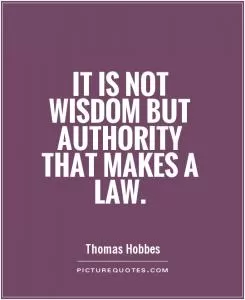

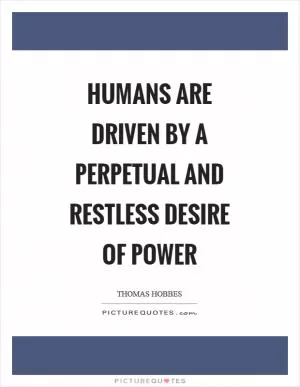


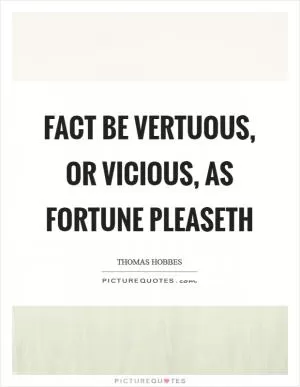


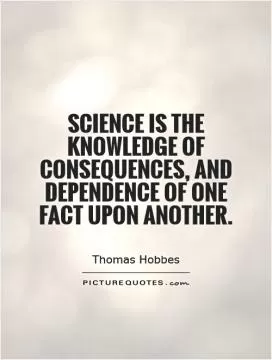



 Friendship Quotes
Friendship Quotes Love Quotes
Love Quotes Life Quotes
Life Quotes Funny Quotes
Funny Quotes Motivational Quotes
Motivational Quotes Inspirational Quotes
Inspirational Quotes